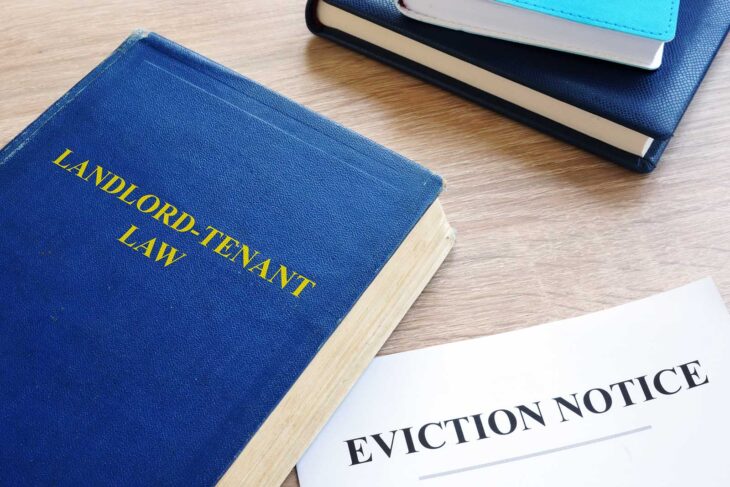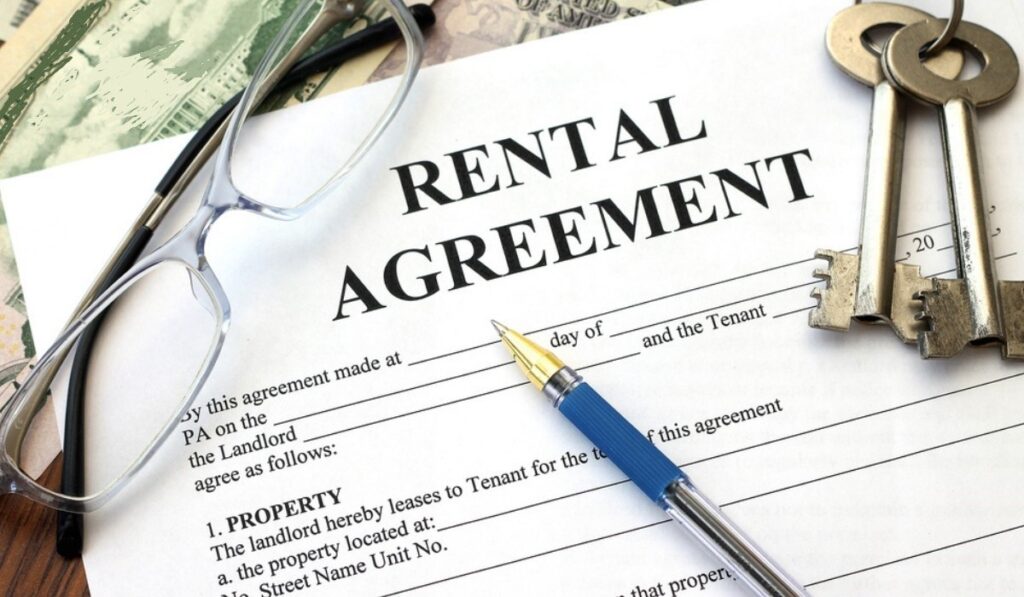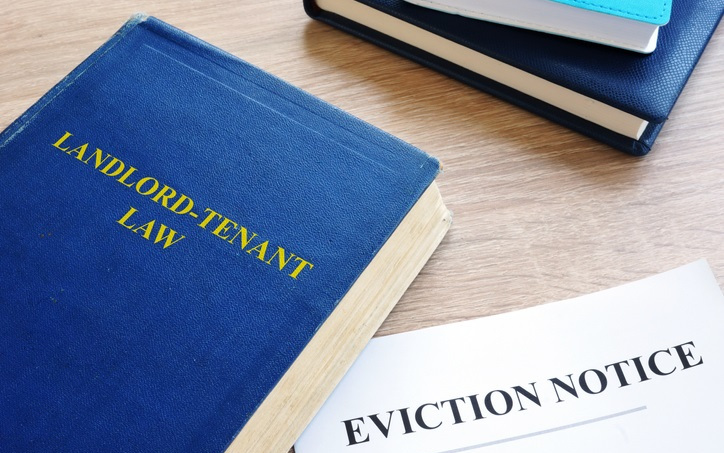
8 Ways To Avoid Tenant Legal Claims
Property owners and property managers usually get involved in rental real estate to make money. But your long-term cash flow can take a hit if you need to deal with tenant lawsuits.
If you remember the following tips, you can often avoid legal hot water with tenants. And that is important because after all, you got into this business to make money and not have it cost you.

1. Keep Enough Insurance
Having plenty of liability insurance on each of your properties ensures you will have money available if the worst happens. But not only should you have liability insurance if there are physical damages.
It also matters to have insurance if you are sued by a tenant. This can happen if the renter sues you because you didn’t follow the right legal procedure for eviction. Or, you may have entered the residence against the rules, or perhaps the person was injured onsite due to your negligence.
Remember that your standard liability policy won’t cover you against lawsuits. So, talk to your insurance agent about an umbrella policy that have liability coverage of at least a few hundred thousand dollars.
2. Make Sure Property Is Safe From Crime
Some judges will hold the landlord liable in some cases where crimes occurred. A common example is if there aren’t enough lights on the outside and a criminal attacks the renter outside the property.
As a property manager like GreenResidential.com, you also should be familiar with local laws that relate to required safety procedures for landlords to keep renters safe.

3. Use Established Rental Agreements
Don’t make up your rental agreement on your own. Use a standard rental contract for your state and have it reviewed by your attorney.
Also, you should enforce every part of the lease and do so uniformly for all tenants and properties.
Always have the real estate attorney review the contract to be certain you don’t have an illegal provision in there.
4. Follow Eviction Rules
Some landlords get in legal jeopardy because they don’t follow the area’s eviction policies. Every state and some cities have different rules for evictions and you need to check regularly if there have been any changes.
For example, once the renter is 30 days late, you should contact them and try to collect rent. If you cannot get them to pay, you need to post on their door that the rent is late.
Only after you follow the rules for your area after 30 days can you eventually go to court and evict the tenant.
There still are landlords out there who think they can simply take the front door off or change the locks when the tenant doesn’t pay rent. That isn’t how it works.
Someone could owe you three months of back rent and still successfully sue you for wrongful eviction. It can be hard to believe, but landlords are often considered the bad guy by some judges.
So, be sure you follow the rules here.

5. Give Back The Security Deposit
If there are no damages to the property, give back the entire security deposit within 30 days. If you keep part of the security deposit, you need to give them a detailed list of any deductions that were made from the deposit.
You can head off most issues about the security deposit by doing an inspection before the tenant moves in. You should document the condition of the property before they move in and take plenty of photos of each room.
Have the tenant look over the photos and report you created and have them do their own inspection. It’s important to have the renter approve of your inspection and photos so they cannot claim later that something was wrong with the property that wasn’t documented.

6. Don’t Violate Safety And Health Standards
You are required by law to make sure that the residence is livable. For example, there must be heat, running water, no significant insect or rodent issues, or mold.
When the tenant plans to move out, it’s important to have a move-out inspection before they vacate. This gives you the chance to fix anything of significance before a legal issue can occur before they move out.
Each renter should be able to contact you any time there is a major issue that should be addressed. If the tenant doesn’t contact you when there is a major issue, such as a big water leak, they won’t have recourse to sue you.
In fact, your contract should state the tenant is required to notify you if there is a serious issue.
7. Honor Their Right To Privacy
It’s your property and you have a right to inspect it on a regular basis, but you need to always give notice that you will enter the property. This entry should follow the guidelines laid out in the lease.
You should always give notice in writing that you plan to inspect the property and offer several days notice. The only exception is if there is an emergency, such as a water leak that requires you to enter without notice.

8. Avoid Discrimination Lawsuits
Landlords must obey the Fair Housing Act, which forbids you from not providing housing per national origin, sex, race, religion, gender, or family status.
Never ask any questions in writing or verbally that may sound discriminatory. Even asking if the person or couple has children can sometimes run you afoul of the law if you aren’t careful. You do have a right during the lease signing to know everyone who will be living in the home, however.
Owning real estate can be a wonderful way to generate cash flow without a day job. But remember to follow all the rules and guidelines here to make sure you aren’t sued.
There is nothing worse than buying a property to make you money and it turns into a money pit. This can happen if someone successfully sues you.
But when you remember these guidelines, it will be rare that someone can sue you when owning an investment property.